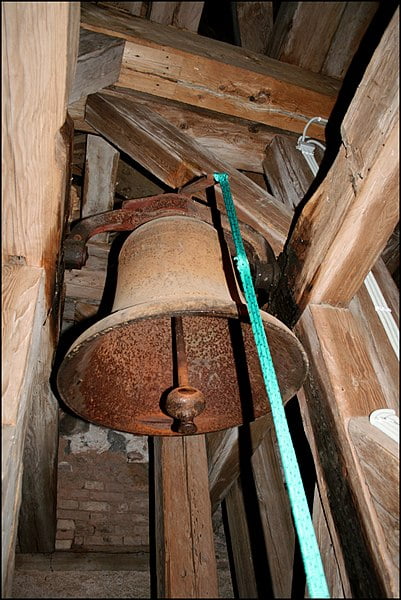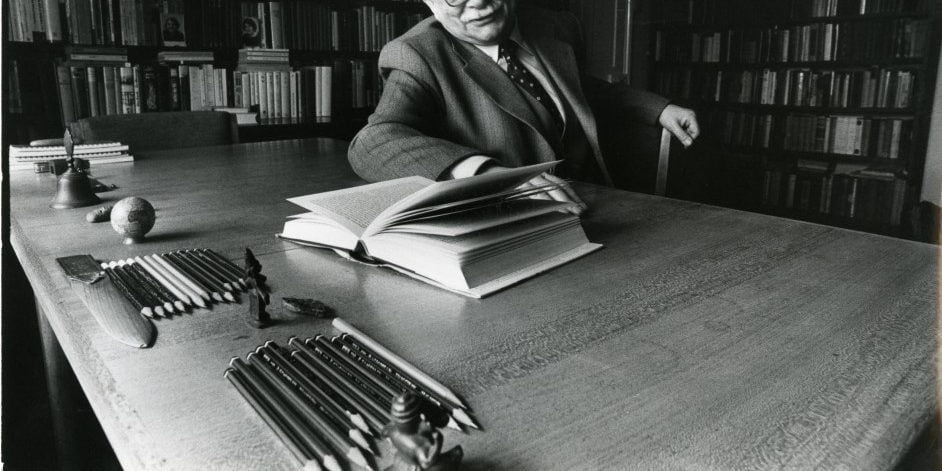With the beginning of the Nineteenth Century came the Romanticists, Manzoni, Foscolo and the rest. These were poets and novelists, to whom the Novela meant very little. Their influence extended far into the century, and only with the advent of the naturalist Verga was there a return to the short story. And then it had no relation whatsoever to the art practised by Boccaccio. With Verga, De Amicis, Serao, Fogazzaro, and D`Annunzio, we are in the midst of the modern European literary movement.
The notation “no title in the original,” made in several instances after the notes on Boccaccio, Ser Giovanni, Sacchetti, Masuccio, Bandello, Firenzuola, Grazzini, Cinthio, and Gozzi, means that the title given in this collection is furnished by the editors. The Italian editions usually offer a lengthy synopsis of the story.
The Bell of Atri (Anonymous: 13th or 14th Century)
The Hundred Ancient Tales is a collection of short stories containing the earliest examples of prose fiction in the Italian language. They originated, in all probability, in Southern France, where the Troubadours flourished who brought over into Italy the material that was used by the first Italian writers. When and by whom these tales were written is not known.
How short can a short story be? The Bell of Atri is, of course, not a highly developed work of art, yet it is complete and effective. Longfel-low used it in a rather long poem, but he added little that was essential to the narrative.
The present version is translated by Thomas Roscoe and reprinted from his Italian Novelists, London, no date. The full title of the story is Concerning an Alarm Bell Instituted in the Time of King Giovanni.
The Bell of Atri
In the reign of King Giovanni d`Atri, there was ordered to be erected a certain great bell for the especial use of individuals who might happen to meet with any grievous injuries, when they were to ring as loudly as they could, for the purpose of obtaining redress. Now it so fell out that the rope in the course of time was nearly worn away, on which a bunch of snakeweed had been fastened to it, for the convenience of the ringers.
One day a fine old courser belonging to a knight of Atri, which being no longer serviceable, had been turned out to run at large, was wandering near the place. Being hard pressed by famine, the poor steed seized hold of the snakeweed with his mouth, and sounded the bell pretty smartly. The council, on hearing the clamor, immediately assembled, as if to hear the petition of the horse, whose appearance seemed to declare that he required justice. Taking the case into consideration, it was soon decreed that the same cavalier whom the horse had so long served while he was young should be compelled to maintain him in his old age; and the king even imposed a fine in similar instances to the same effect.
Read More about One Night part 4








